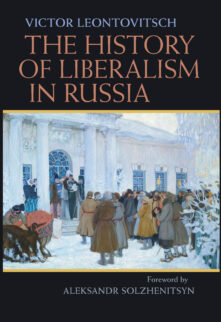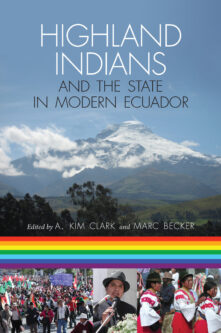History / General
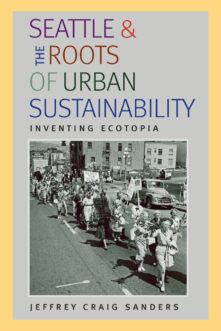

Seattle and the Roots of Urban Sustainability
Inventing Ecotopia
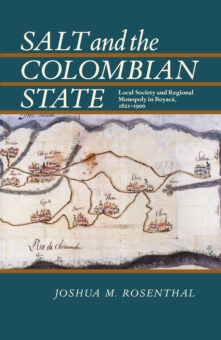

Salt and the Colombian State
Local Society and Regional Monopoly in Boyaca, 1821-1900
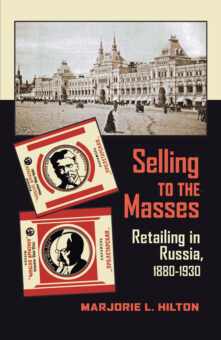

Selling to the Masses
Retailing in Russia, 1880–1930
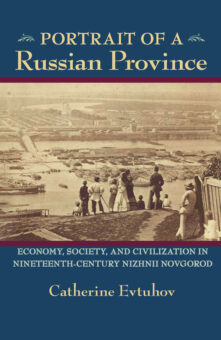

Portrait of a Russian Province
Economy, Society, and Civilization in Nineteenth-Century Nizhnii Novgorod
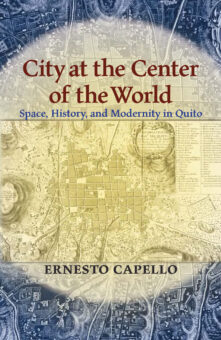

City at the Center of the World
Space, History, and Modernity in Quito
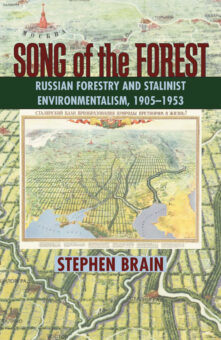

Song of the Forest
Russian Forestry and Stalinist Environmentalism, 1905–1953
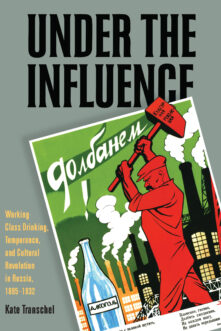

Under the Influence
Working-Class Drinking, Temperance, and Cultural Revolution in Russia, 1895–1932
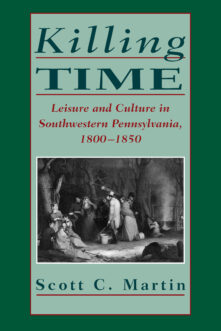

Killing Time
Leisure and Culture in Southwestern Pennsylvania, 1800–1850
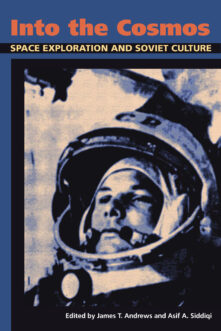

Into the Cosmos
Space Exploration and Soviet Culture
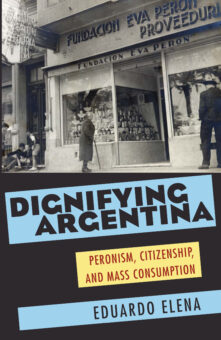

Dignifying Argentina
Peronism, Citizenship, and Mass Consumption
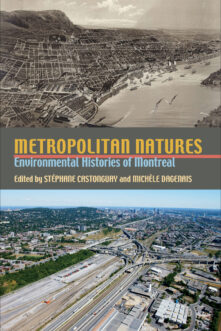

Metropolitan Natures
Environmental Histories of Montreal
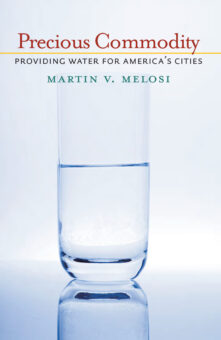

Precious Commodity
Providing Water for America's Cities
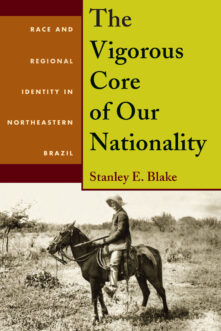

The Vigorous Core of Our Nationality
Race and Regional Identity in Northeastern Brazil
Total 214 results found.


